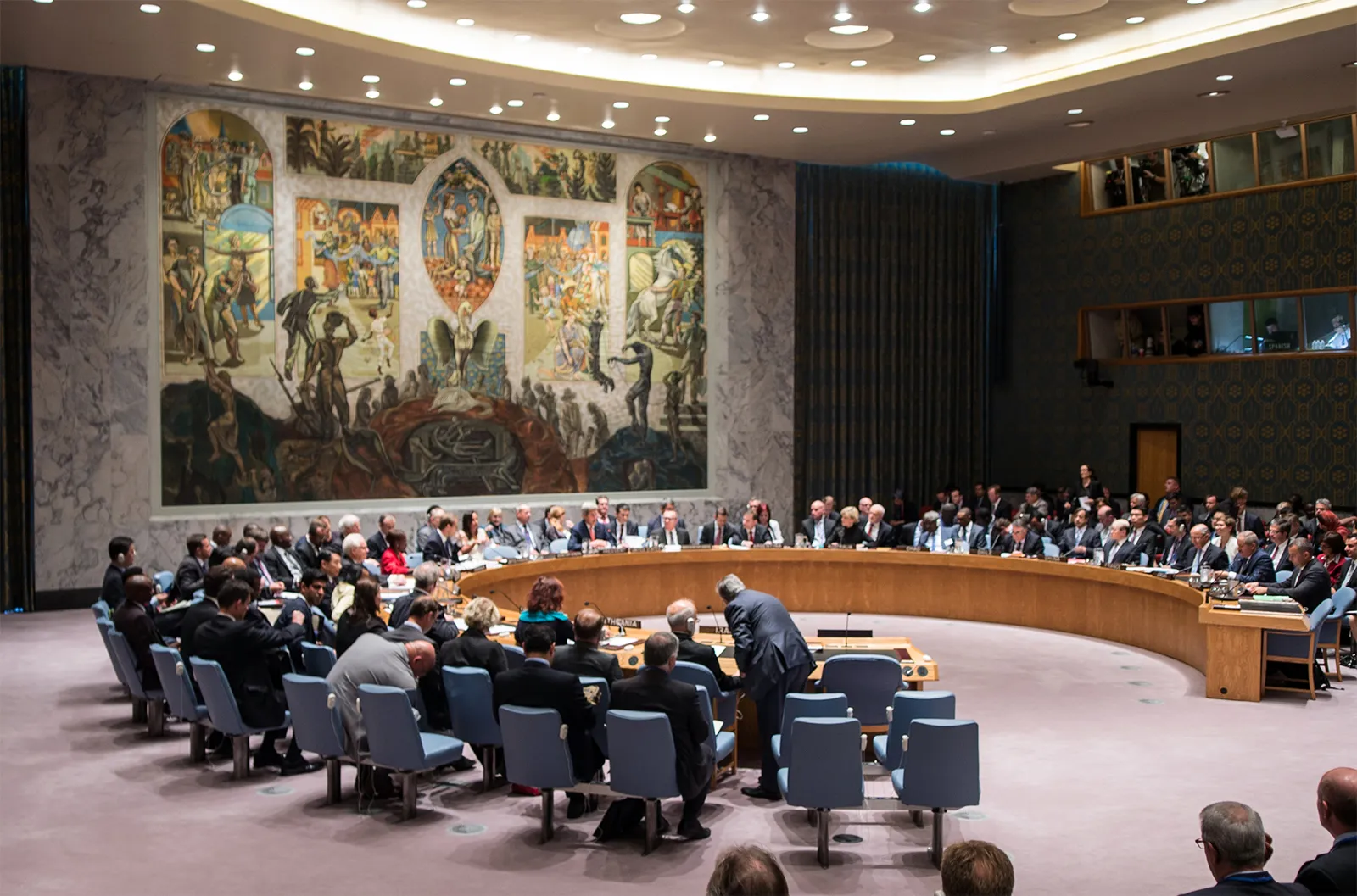A Taliban flag is seen on a plinth with people gathered around the main city square at Pul-e-Khumri on August 11, 2021, after the Taliban captured Pul-e-Khumri, the capital of Baghlan province.
Some soldiers had changed into civilian clothes on the next day a clear sign of their fear of the Taliban, which on Thursday morning, seized control of Ghazni.
On Wednesday, a video from the airbase in Kunduz, in the north, showed many surrendering soldiers not wearing uniforms.
CNN visited Kandahar — Afghanistan’s second-largest city — last week. Its defenders were under siege. They didn’t know when or whether they would get reinforcements. Since then, the pressure has only grown.
Afghan security forces are seen in the fight against the Taliban near the Torkham border point between Afghanistan and Pakistan in Nangarhar province on July 23, 2021.
The Taliban said Wednesday that they had taken control of the main prison in Kandahar city and released around 1,000 inmates.
They have done the same elsewhere, often replenishing their ranks in the process. A government spokesman acknowledged the prison had fallen and said most of the inmates were criminals.
In capturing police and military bases, the Taliban have acquired armoured vehicles, Humvees and heavy weapons as well as dozens of the ubiquitous pick-up trucks. A steady stream of captured vehicles, many of them provided by the US, left the Kunduz base Wednesday.
One of the rebels could be heard saying that the weapons they’d seized were enough for all the mujahideen in Afghanistan.
In the face of the Taliban advances, there doesn’t appear to be a coherent strategy to turn the tide. The loss of life is staggering, with 6,000 killed since mid-April due to the unrest. There is talk of a reshuffle of senior military commanders.
President Ashraf Ghani visited the city of Mazar-e-Sharif on Wednesday one of very few in the north still in government hands to push his appeal for civilians to join a “popular uprising” and fight the Taliban.
One of the Afghan warlords accompanying him was Marshal Abdul Rashid Dostum. He was defiant, saying the Taliban had “many times made their way to the north, and they were caught in the trap, and with the will of God this time as well.”
“Escaping from the north is not an easy job,” he said. Brave words, but right now the Taliban has no need to escape the north. It faces little resistance: the greatest threat appears to come from sporadic air strikes — some of them carried out by US bombers.
Somehow the Afghan government has to find a strategy for turning the tide. There is certainly some resentment here that the US withdrawal has been so quick and that its leverage over the Taliban in the Doha talks has been so feeble. As the Taliban gobbles up territory, they have even less incentive to negotiate.
Source – CNN












